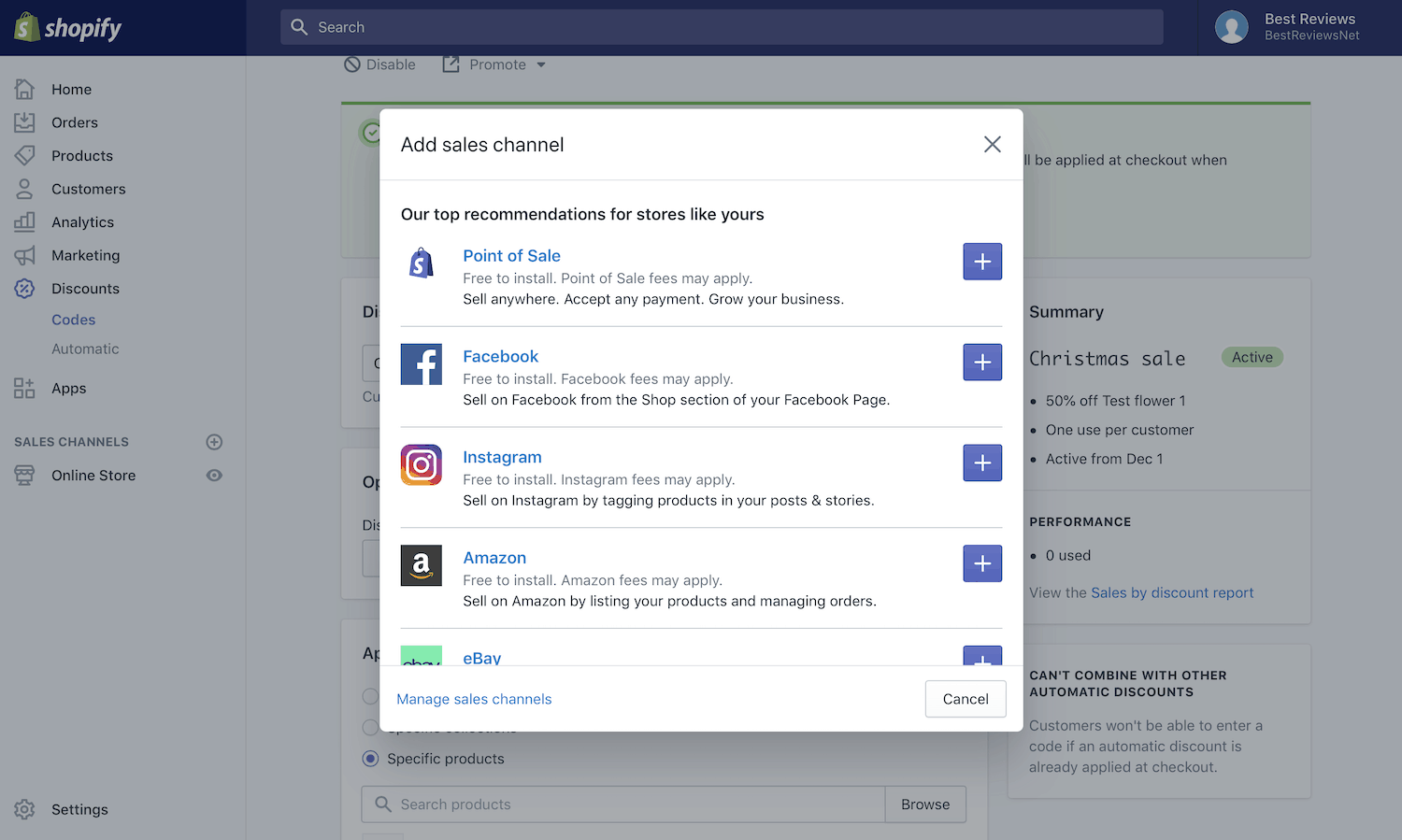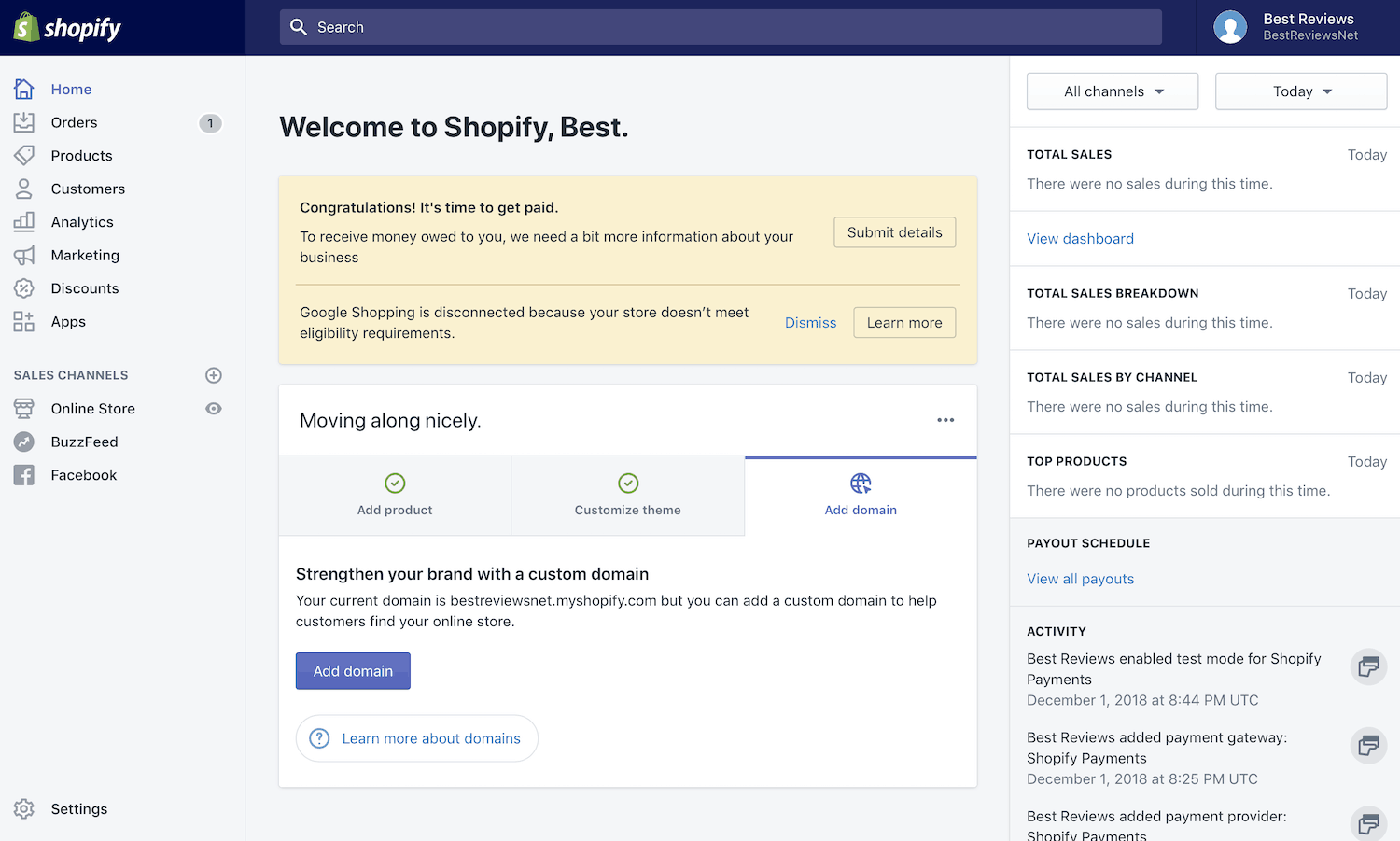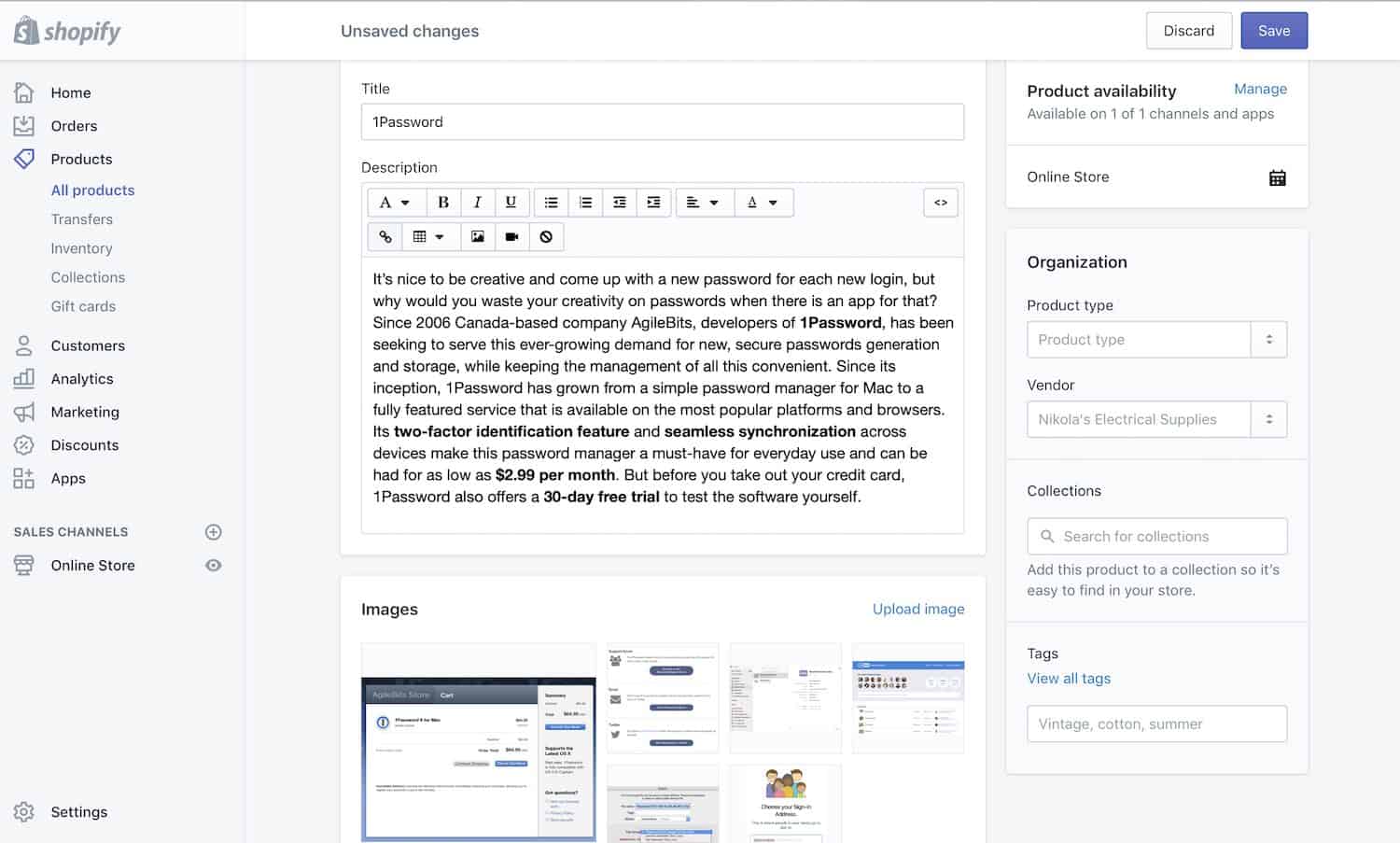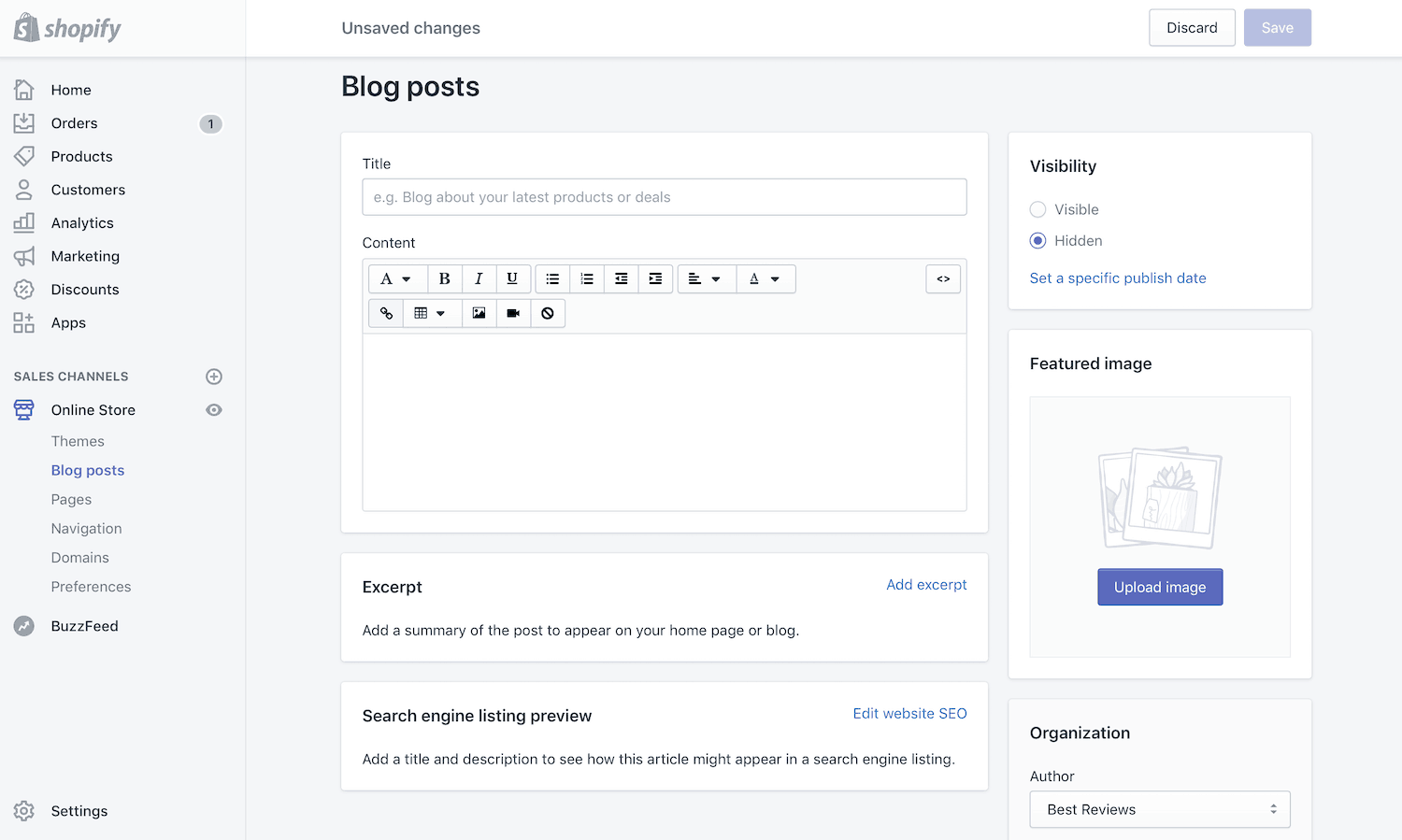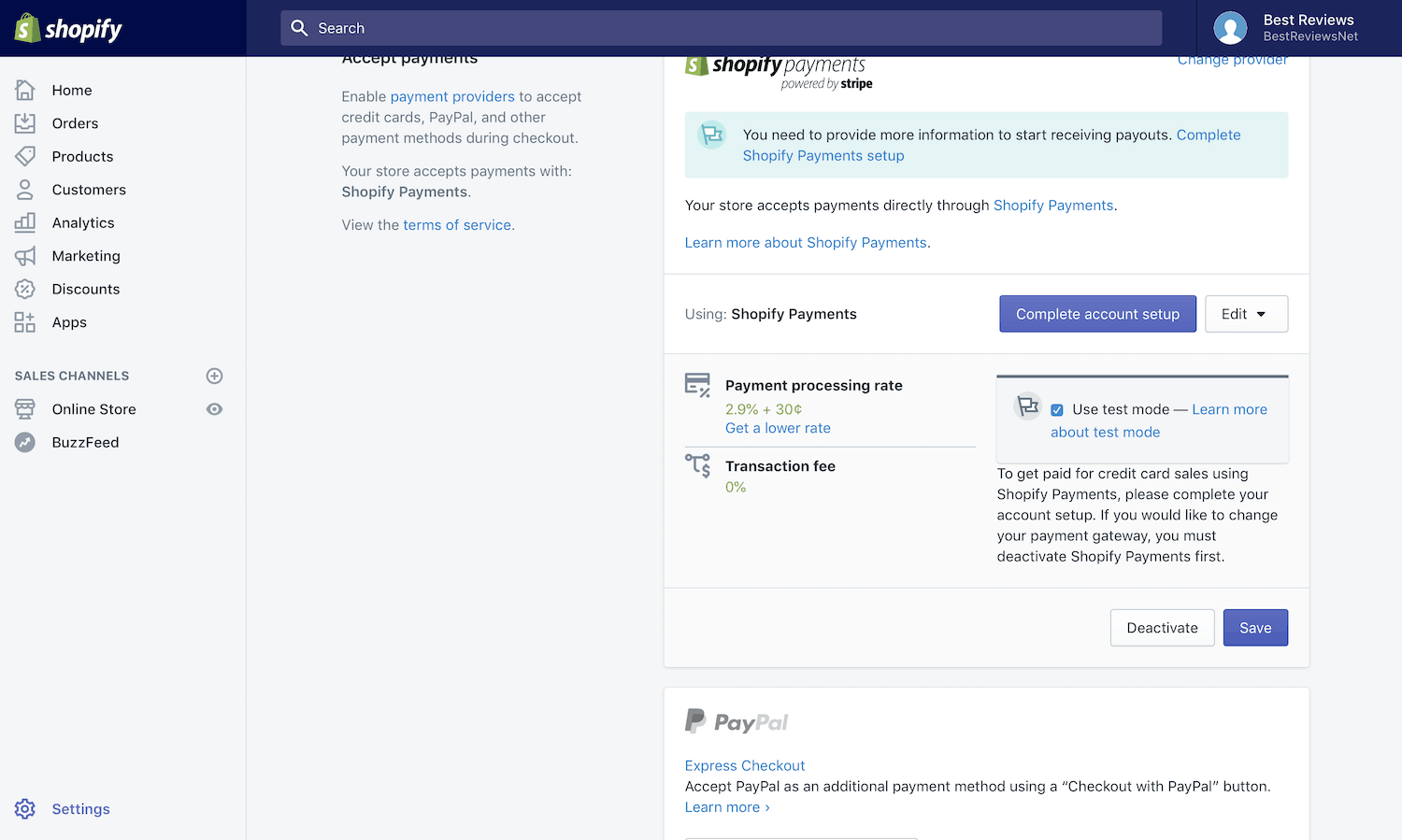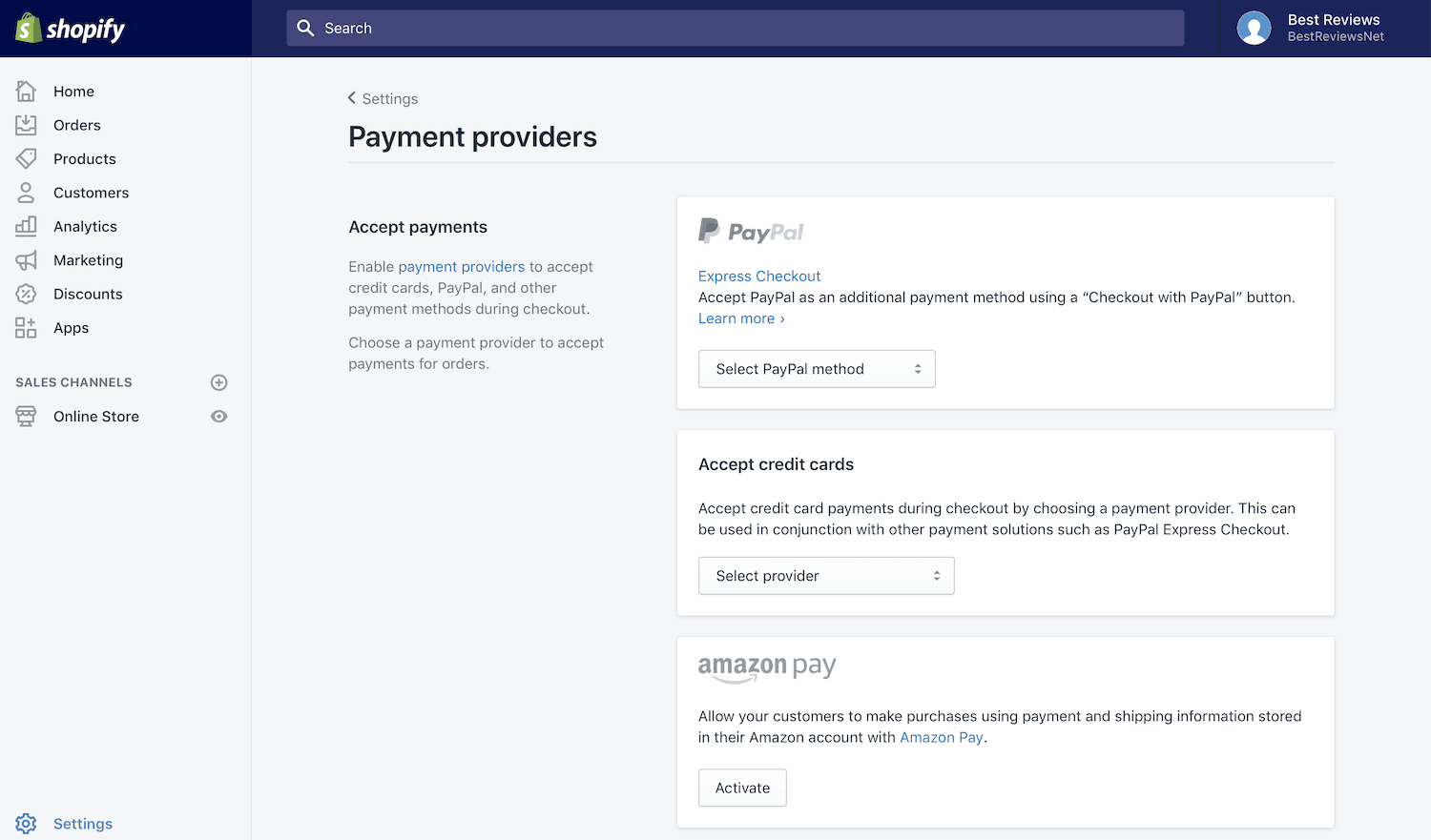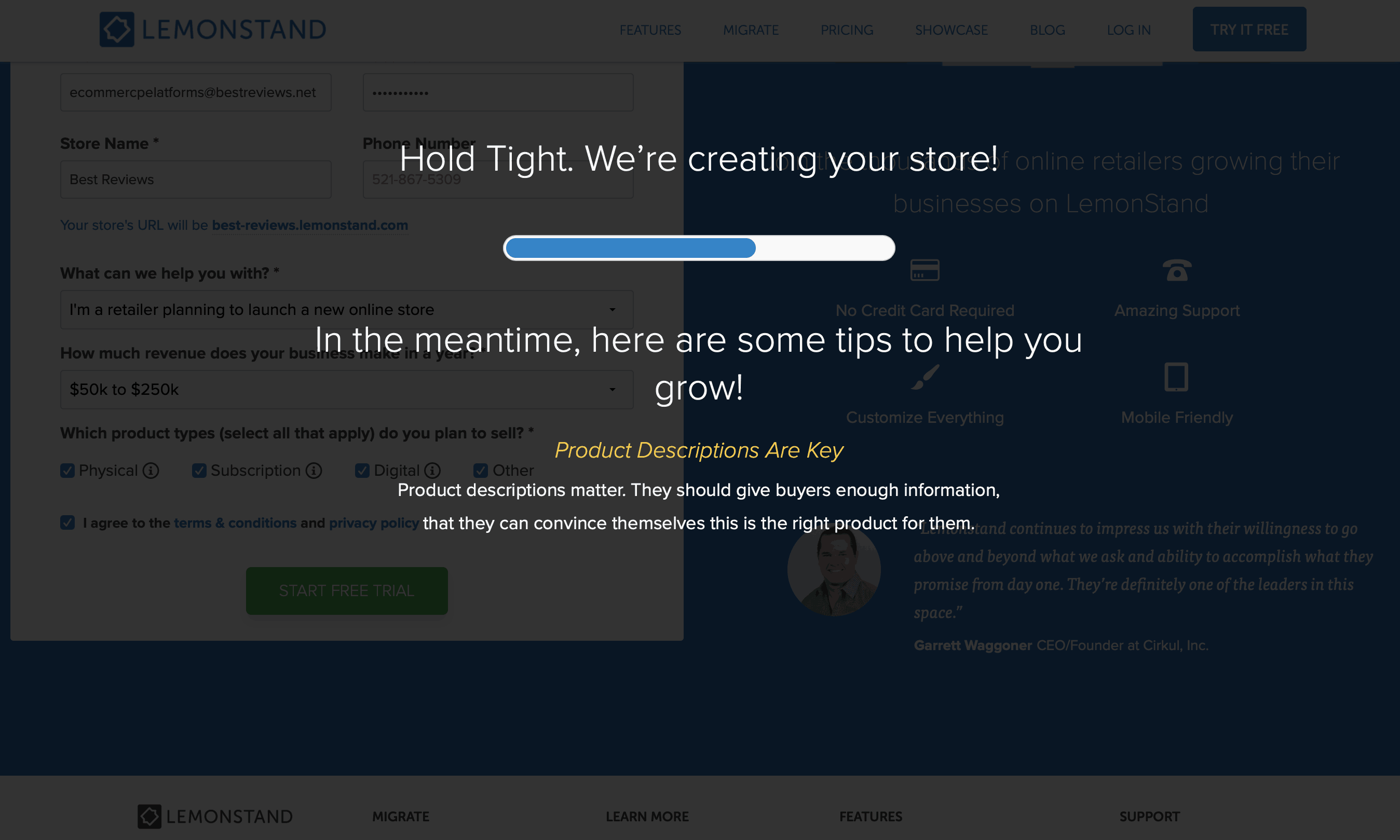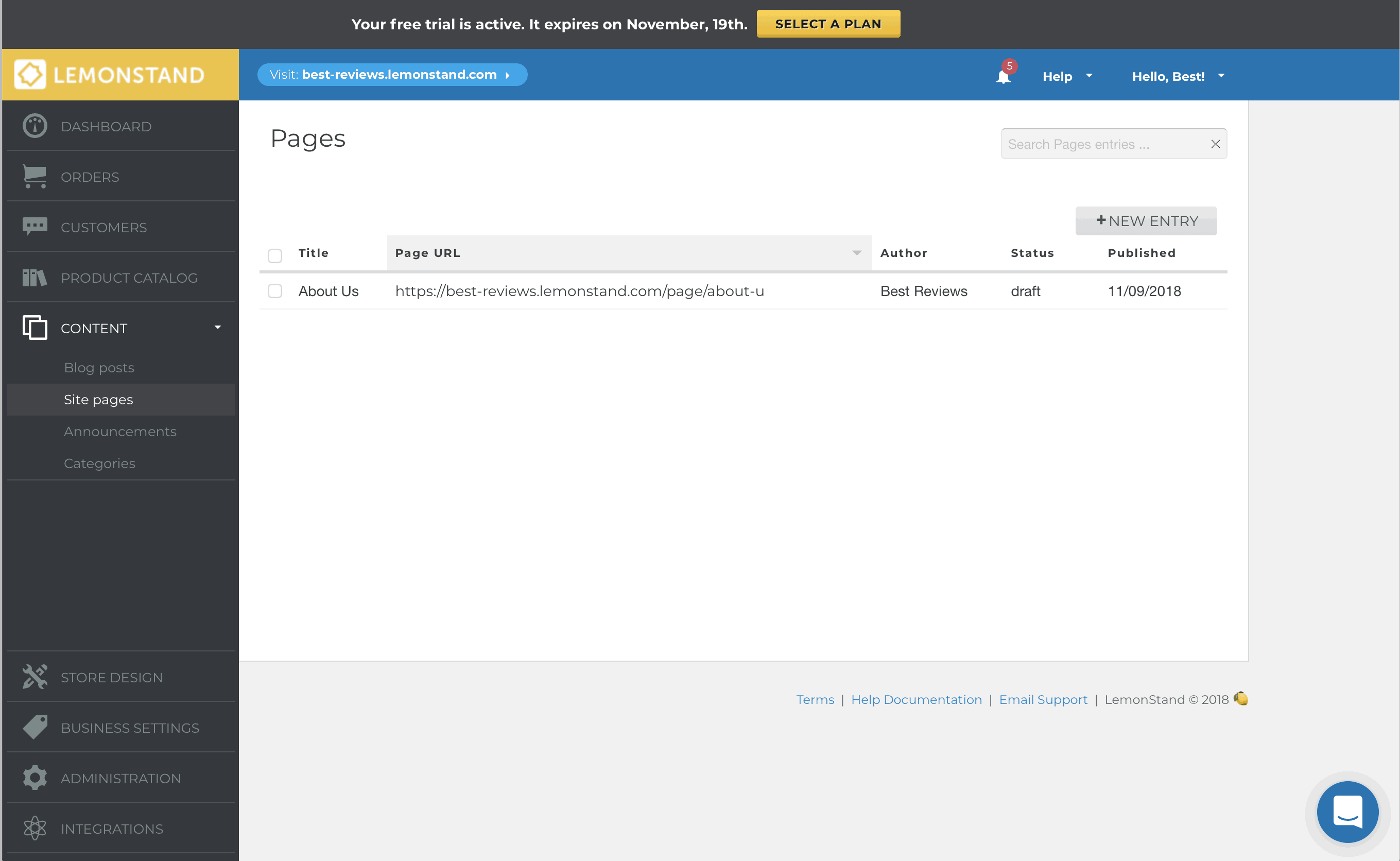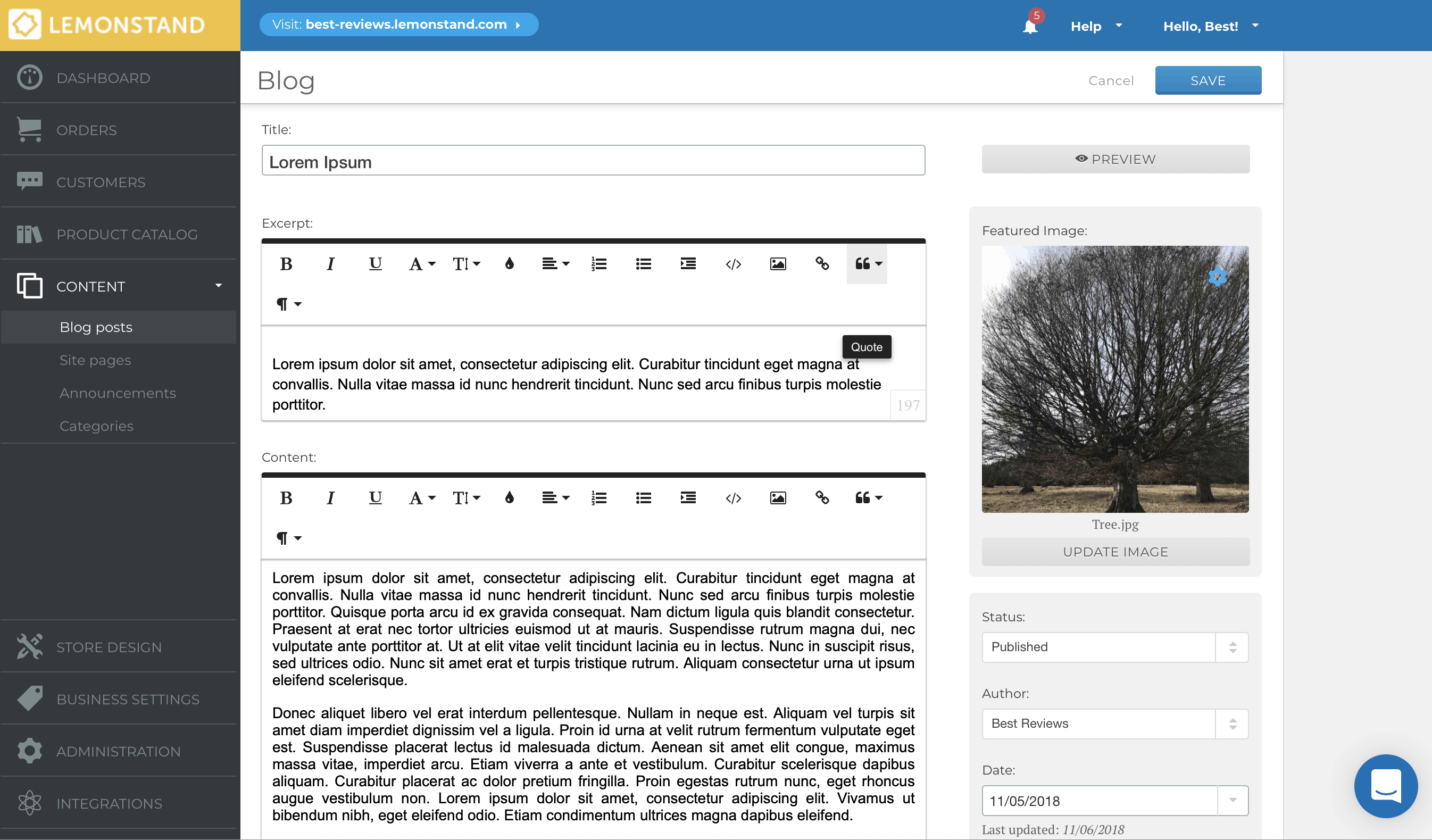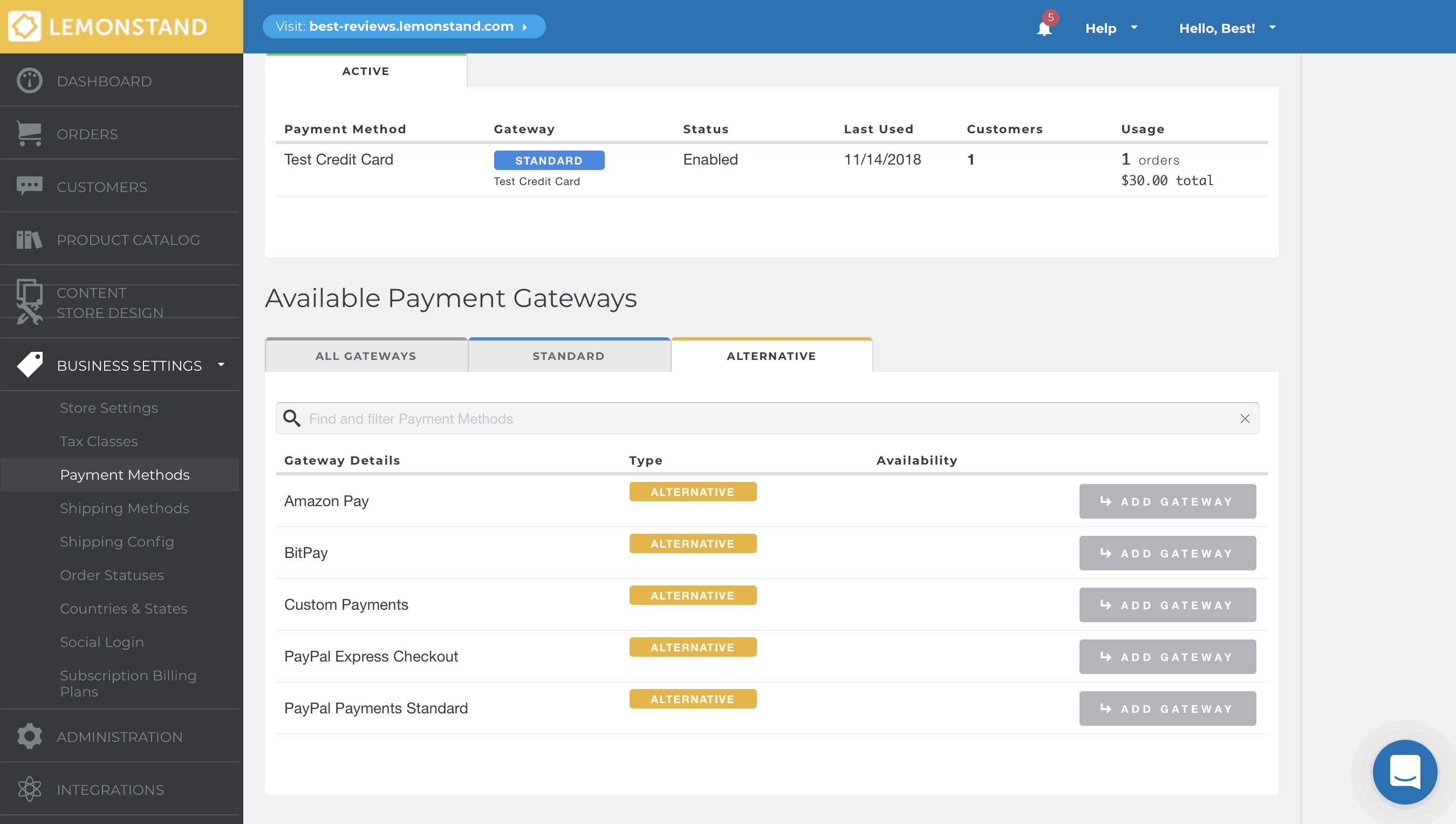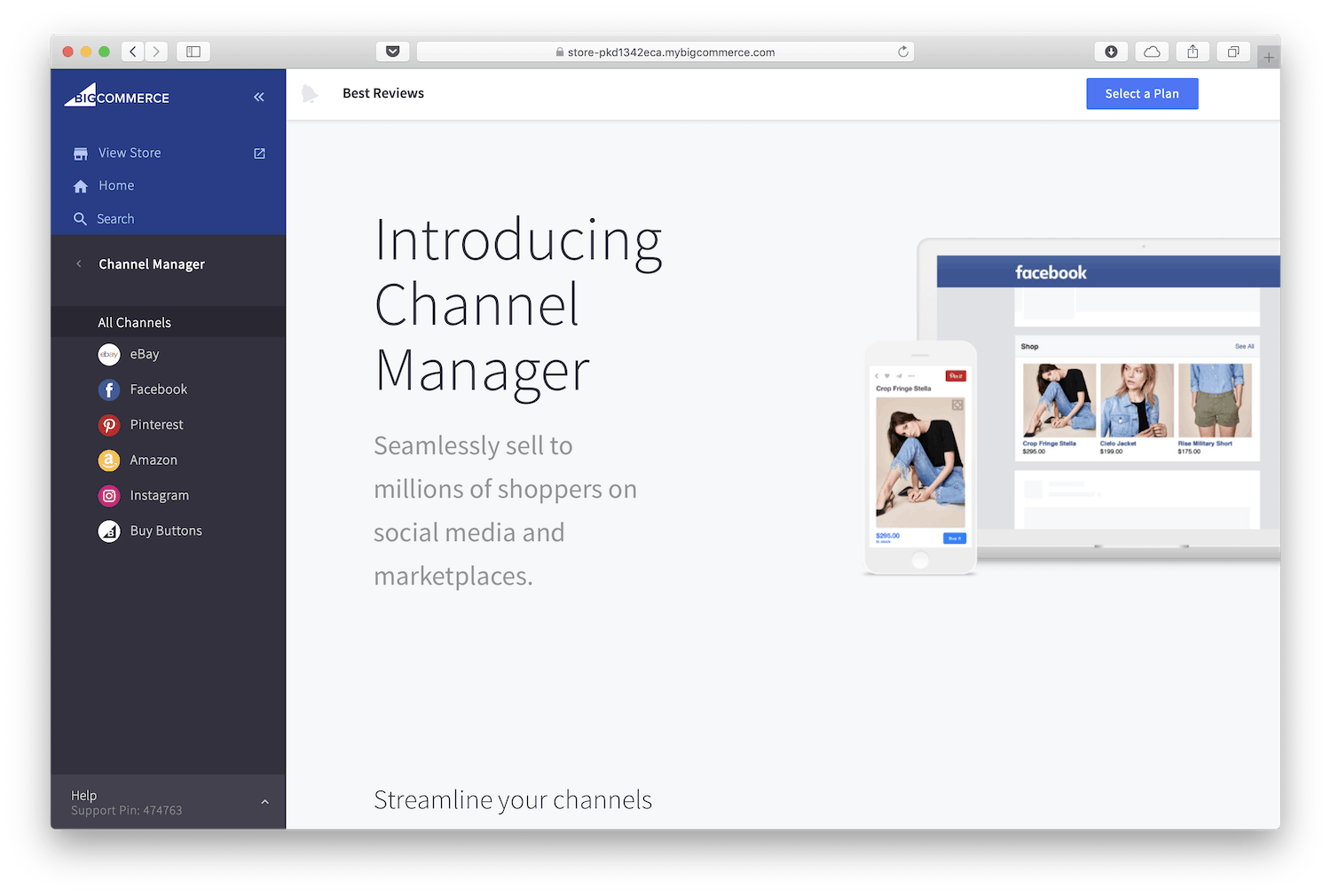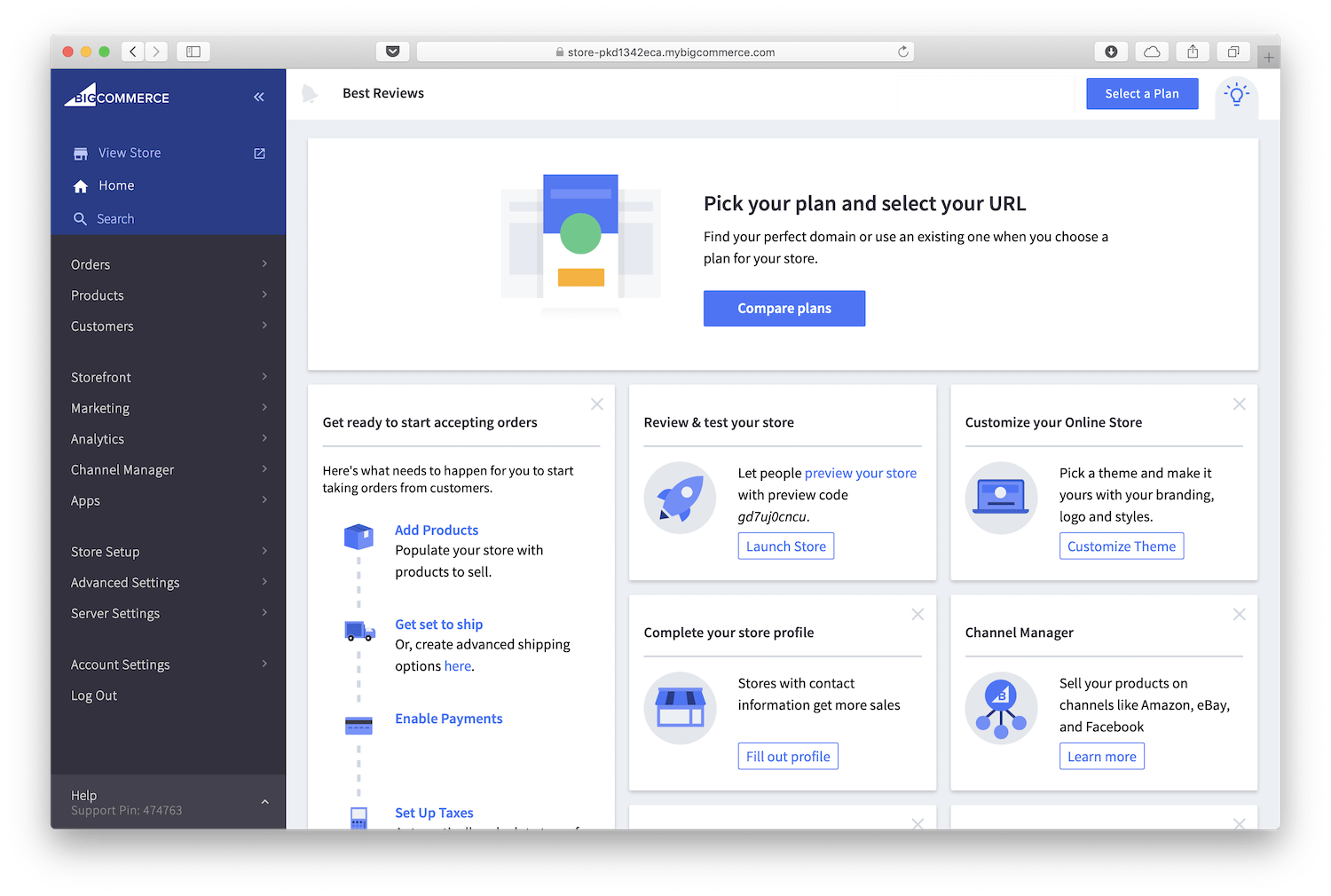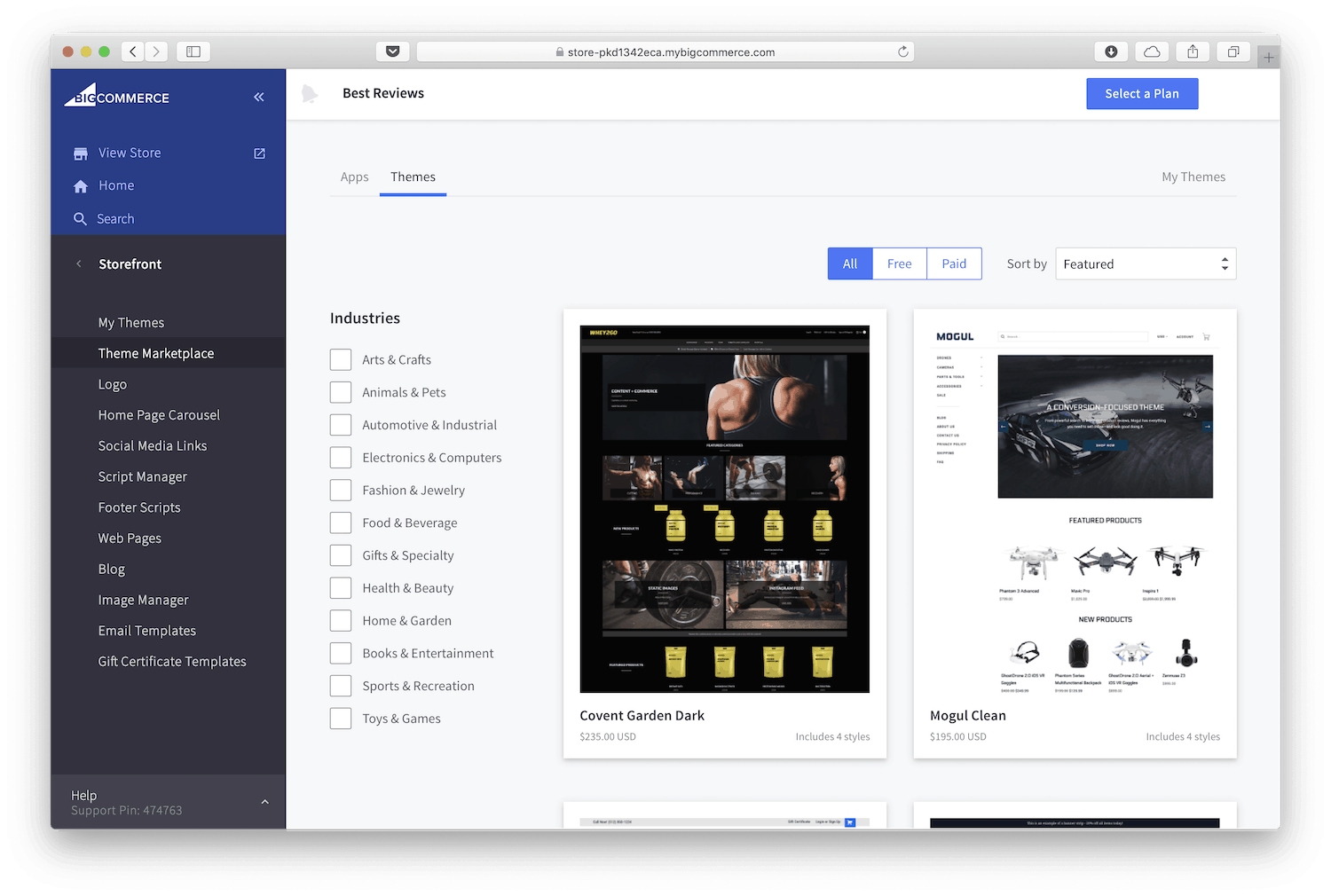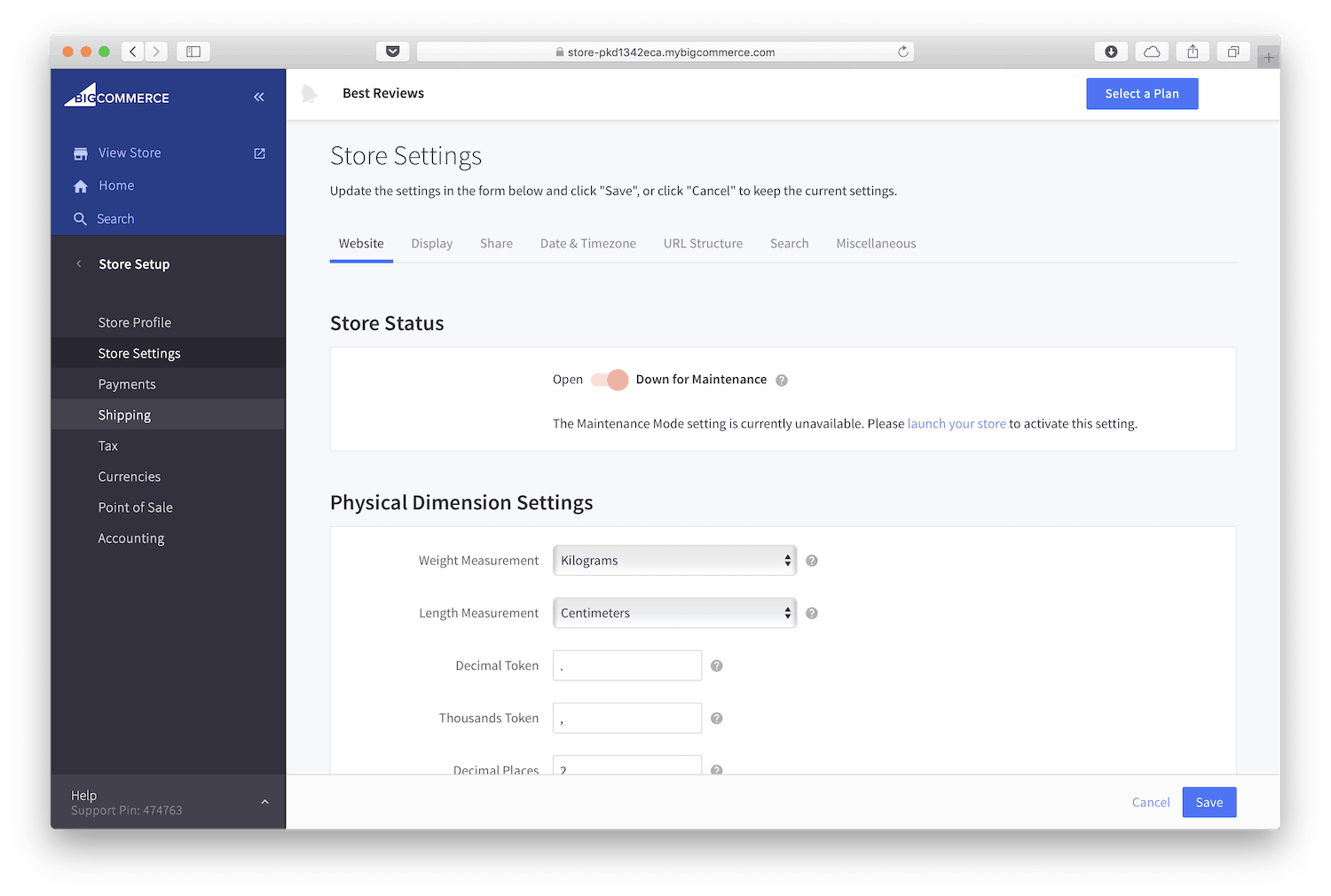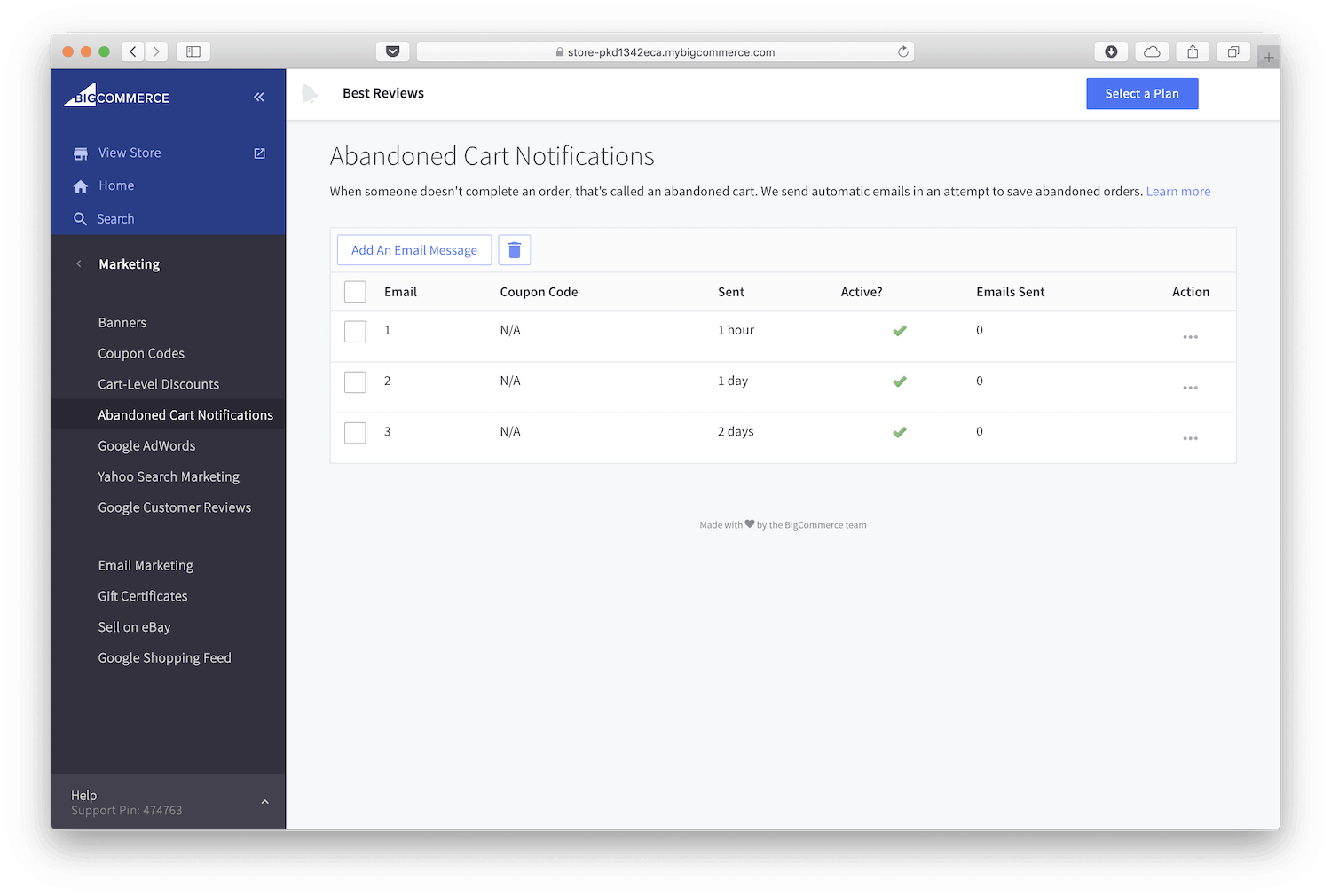
Not so long ago, those looking to sell their crafted products or services had to open a brick-and-mortar store or transform a truck into a mobile shop to attract their customers. The digital age changed how things work for the better because now customers can access all that with just a few swipes or clicks from the comfort of their own homes or offices. Just consider how easy it now is to install software: you don't have to go to a store or buy a CD containing the app, instead just head over to the developer's site or online storefront and download the product.
This digital transformation fostered new opportunities to sell goods and services online. For example, longstanding sites such as eBay, Amazon, or more recently the Facebook marketplace all prove that buying the things we want can be much simpler. Alongside these, a long list of ecommerce platforms awaits customers to get them set up with their online store and start selling.
The Best Ecommerce Platforms for Small Businesses
There are a few features that each business owner should consider when selecting an ecommerce platform – but more on that later. First let’s take a look at the best ecommerce platforms that we at Best Reviews believe to be services every business owner should consider.
1. Shopify
This is one of the most popular ecommerce platforms used and loved by many entrepreneurs, and for good reason. The ease of use and the long list of features make Shopify a solid choice for anyone looking to start selling online.
For example, web stores can be built with drag and drop functionality to allow for unlimited products with photos and descriptions, while order logistics can set up and access to tons of marketing features will help boost your online presence. While this is something that most high-quality platforms offer, it’s the ease of use that is key in getting things done, and this is where Shopify really excels. There are many free templates to browse through to pick the look of your store as well as a list of added features available by installing apps from the marketplace.
One aching point, however, is that Shopify charges an additional fee when not using their in-house payment gateway, Shopify Payments. Also, the in-platform coding language that is used is harder to customize. Plans start at $9 per month, but the most essential features are available from $29 per month.
2. LemonStand
If not Shopify, then the ecommerce platform of choice must be LemonStand. Although the latter is mainly focused on small and medium-sized businesses, it stands out from the crowd through the customization options that it provides. In fact, every segment of the selected theme is fully customizable, which is essential for giving a personal touch to the online storefront that customers will interact with while browsing your products or making a purchase.
While it imposes certain caps, LemonStand is much easier for its customers to understand when it comes to payment, with monthly sales limits for each subscription plan. For example, the entry-level plan costs $19 per month and includes all the core features of the platform, but limits the storeowner to only 75 orders per month. In order words, if your products allowed it you could have a six-figure revenue through your online store hosted for $19 per month so long as the number of orders is lower than 75.
3. BigCommerce
The list of the best three ecommerce platforms for small businesses would be incomplete without BigCommerce. While it is on the right path toward matching Shopify's offering, the platform still has several restrictions. By being developed for all types of businesses – even freelancers who are looking to sell their own handcrafted products – BigCommerce helps businesses grow by providing all the data and sales channels that they need to increase sales.
One of the key features of BigCommerce is the ability to sell goods and services through all online channels. In other words, alongside the online store that users can create through the platform, they can also sell on eBay, Amazon, Facebook Marketplace, and the like by managing all of these from a single dashboard.
The only drawback to the platform is the cap imposed on its plans. The $29.95 per month entry-level plan provides all the features needed to foster online sales including the likes of SEO and marketing tools, but this plan will cap the sales at $50,000 per year. If the store surpasses this threshold, it is automatically pushed towards higher-priced plans.
What to Look for in Small Business Ecommerce Software
Selecting an ecommerce platform can become a painful process if you don't know what to look for, so here is a checklist of all the key features to consider and see how they contribute to the overall experience of the online storefront that you have dreamed about.
Price
The main expenses that every entrepreneur should be aware of when launching a hosted online store are the monthly fee and the transaction fee. Some platforms don't charge a monthly fee, but you still need to calculate in credit card transaction fees, which is a small percentage of every online purchase.
Product Type
What are you selling? Is it a physical or digital product, or a service? If it's a physical product, how big is it? Do you want to sell abroad? These are very important questions that need an input from the business owner when selecting the platform, because they will impact the shipping costs.
Design
How many free themes does a platform offer? Can the selected theme be customized? How much data can be shared about the product that is going to be sold? Customers won't have the opportunity to check an exposed physical product, so they need as much info as you can share. Some platforms include stunning templates, others don't, but they all allow you to edit the code so, in the end, you’ll be able to create a visually appealing online store.
Customer Service
 Without the assistance to help you when trouble kicks in, an ecommerce platform has no value. You will be working with the selected platform every day, so it's important to know that you have expert support that is reachable and will assist you if a problem arises. Ideally, you would want to work with a platform that can provide 24/7 customer service via multiple channels, such as phone, email, and live chat.
Without the assistance to help you when trouble kicks in, an ecommerce platform has no value. You will be working with the selected platform every day, so it's important to know that you have expert support that is reachable and will assist you if a problem arises. Ideally, you would want to work with a platform that can provide 24/7 customer service via multiple channels, such as phone, email, and live chat.
Mobile
As mobile traffic increases so, too, does the number of purchases made on smartphones and other mobile devices. According to Statista, ecommerce growth is primarily being driven by consumers using their phones and tablets to purchase goods and services. If you haven't considered optimizing the site for mobile, then you’ll want to seriously think about it even before choosing a theme since this is what will help you match that customer demand for online compatibility.
Starting Your Small Ecommerce Business
Having all the necessary information on what to look for in an ecommerce platform won’t solve the hardest part of the task: how to actually start a successful online business? This begins with a series of questions:
- Do you know what you are going to sell?
- Do you have an idea of who you are going to sell to?
- What does the competition look like?
If you can answer all these questions and the business looks viable, then you are all set. From there it’s a case of selecting the ecommerce platform that matches your needs by testing the ones you think would be a good match. The good news is that all ecommerce platforms provide a trial period in which you can get the hang of the service and decide whether it fits your needs or not.
Of course, customization of a template comes at a cost. If you know how to code or have design experience, then the initial costs will be much lower, but if your experience in this area is limited, then hiring a helping hand would be a great step. An ecommerce consultant would make a great start towards picking the right solution, while a web designer is good for creating a stunning online storefront. At the end of the preparation phase, all you need to do is craft great products and content, and share the news with your potential customers.
Integrations for Your Online Store
Sales can be increased by integrating the software with other sales channels. Think about all the marketplaces that you will be able to reach with a click of a button if the selected ecommerce platform supports such functionality: Amazon, eBay, Facebook Marketplace, and the like can all be part of your reach. If you're building an online presence on top of an offline one, then managing a store will become easier with such integrations, and you’ll have an easier time tracking inventory. And that's just the start.
By subscribing to an ecommerce platform, you’ll get access to all the utilities needed to run an online business. For example, there are a number of payment gateways integrated into the web software, all you need to do is enable them. Or, if you are looking to launch a marketing campaign, these platforms can offer up a set of pre-written emails to reach out to customers with style. And did we mention the social media integration?
Simply put, ecommerce software pack in tons of features that you as the store owner will need to launch a successful online business. If a platform doesn’t offer it by default, then there are typically third-party apps in the marketplace that can enable the required feature. So, are you ready to start building your online store?
Best Ecommerce Platforms of 2024
| Rank | Company | Info | Visit |
1
|
 |
|
|
|
2
|
 |
|
|
|
3
|
 |
|
